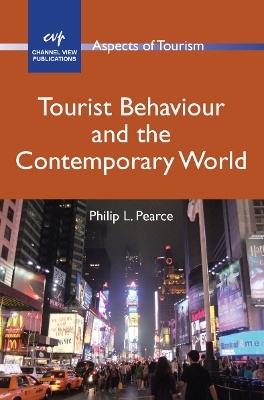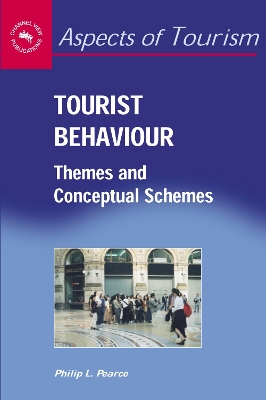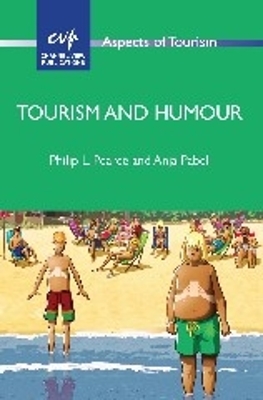Aspects of Tourism
3 total works
This volume seeks to review and stimulate interest in a number of emerging and fresh topics in contemporary tourist behaviour and experience. Topics explored include the effects of newer technologies on tourists’ behaviour and experience, tourists’ experience of scams, safety and personal responsibility, individual perspectives on sustainability, and some dimensions of tourists’ personal growth, relationships and altruism. The topics are bound together by an integrative approach to conceptualising experience which is seen as an ensemble of orchestrated sensory inputs; affective reactions; cognitive mechanisms used to think about and understand the setting; actions undertaken and the relevant relationships which define the participants’ world. A special emphasis is placed on tourists’ stories as a pathway to access the nature of tourists’ experience. Potential research directions in the field are indicated throughout.
Tourism is an inherently social phenomenon. Tourists travel with others and experience places and cultures through interacting with both familiar and unfamiliar others. This volume presents a thorough tour of the social psychological processes which underpin contemporary travel. The fascinating phenomenon of tourist behaviour deals with topics such as motivation, destination choice, travellers' on site experiences, satisfaction and learning. This book uses an array of developing and recently constructed conceptual frameworks to both synthesise what is established, and to create new insights and directions for further analysis and, ultimately, management action.
This book is dedicated to the advancement of knowledge about humour in all kinds of tourism settings. It discusses the many ways in which humour can occur during tourism exchanges including guided tours, tourism marketing and promotion and travel narratives. Other themes include the role of humour in enhancing the tourist experience, the benefits of tourism humour, considerations of when humour may appear inappropriate in tourism settings and the development of tourism humour theory. The work includes much original material collected by the authors. The book will be of interest to undergraduate and postgraduate students, researchers of tourism as well as humour scholars from other disciplines.


